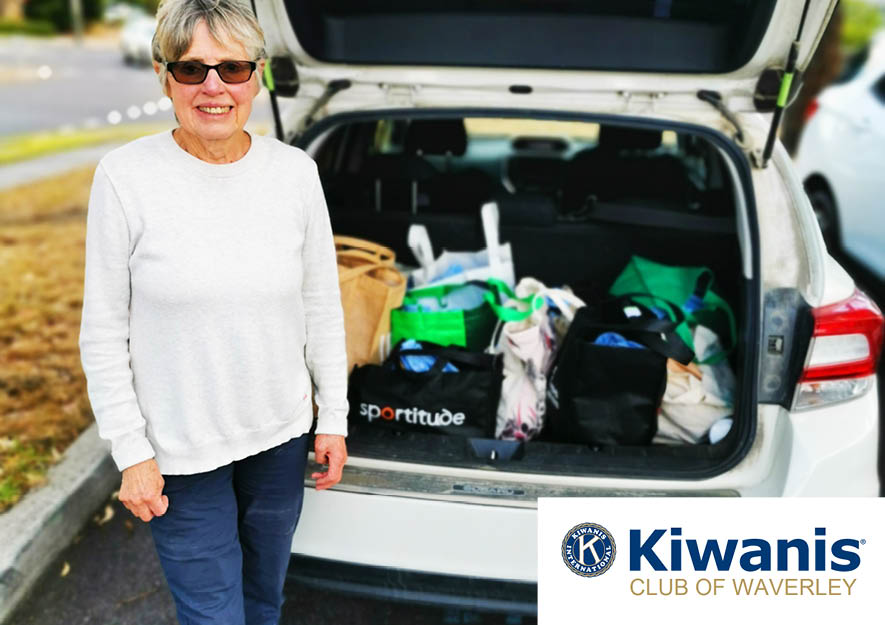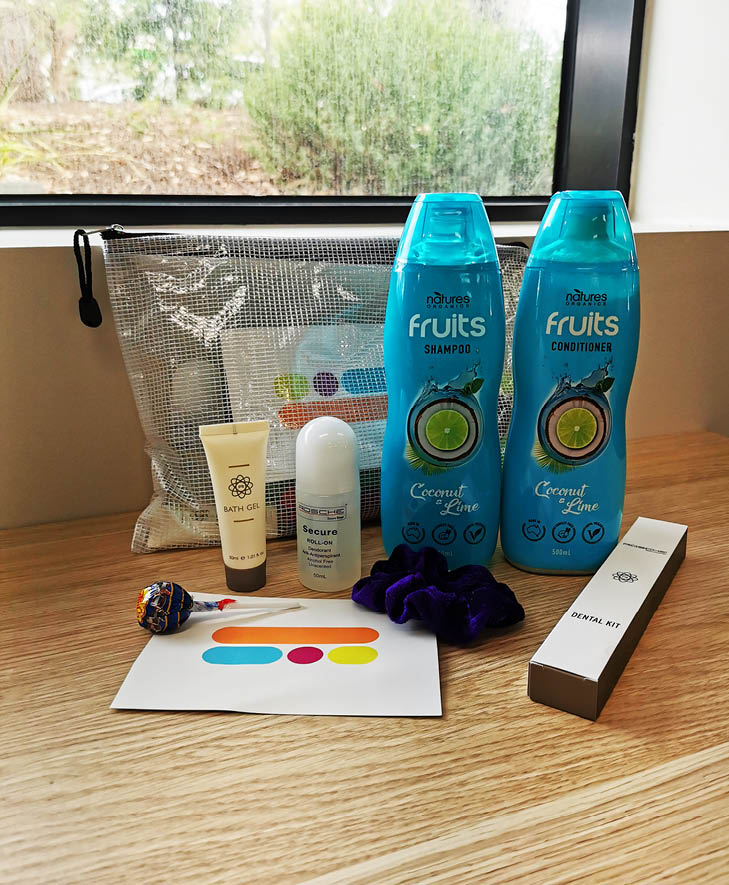Vicarious resistance – a collaborative practice

Trauma is not an individual matter.
Specialist practitioners at Kara FVS work alongside women who have been made vulnerable due to family violence. These vulnerabilities include homelessness and housing insecurity, mental health, alcohol and drug misuse, and other complexities that overwhelm day-to-day life. ‘Vicarious resistance’ is a concept that speaks to the mutual benefits that are derived from working in trauma-related fields. It can mean holding the needs and experiences of the individual as unique, while, at the same time, part of a larger expression of societal ills. Responding to the impact of trauma requires a collective resistance to the violence occurring in our communities and our role as a community in ending violence.
Our practitioners offer support to victim survivors in ways that reflect an intersectional understanding of the complexities and variations of trauma experience. An intersectional, trauma-informed approach to practice is not only beneficial for clients seeking support but also for practitioners. It informs their care of others and strengthens their role as part of a team. Professional caring roles, especially related to trauma, are often associated with higher rates of “burn-out”, as well as “compassion fatigue” or “vicarious trauma”. Speaking with our veteran Team Leader at Kara FVS, I asked, what causes these feelings in trauma workers? She explained:
“A lot of us come into this work thinking, you know, our lives are so organised, our lives are healthy and good. I want to make your life healthy and good. But you’re not me and I’m not you.”
Team leader, Kara FVS
Trauma work, which includes the support provided by practitioners in specialist family violence services, requires working with victim survivors at the intersection of complexity and contradiction. Approaching survivors with experience of trauma and violence as problems in need of “fixing” is a sure-fire way to reach burnout. This can be a barrier for new graduates entering the field. Vicarious resistance provides an antidote to the opposing distinctions observable in the above “you and me”, “good and bad”, “healthy and unhealthy”. Rather than inciting division between client and practitioner, vicarity invites the practitioner to be “vulnerable rather than impermeable, relational rather than individualistic and compassionate rather than disinterested”(1 ). According to our Team Leader, this delicate balance between client and practitioner is reached through reflexivity and vulnerability:
“Reflection is a very important part of this job. If you don’t reflect, you’ll just fall into that hole.”
Team leader, Kara FVS
Without reflective practices in place, burn-out and fatigue will arrest practitioners leaving them feeling isolating and alone in their work. Vicarious resistance instead asks the practitioner and client to defy the ways that trauma isolates and damages connections, trust, and relationships(1).
“Something will stay there that will change their life one day, and it will."
Team leader, Kara FVS
In an anonymous staff survey conducted in 2023, Kara FVS practitioners (n=10) were asked to reflect on their role at Kara FVS. All reported the importance of collaborative, supportive, and inclusive work environment. The most common words identified were associated with collaboration and connection: collaborative (3), supportive (3), inclusive (3), engaging (3), warm/caring (3), fair/balanced (2), committed/dedicated (2).
When asked what keeps the team connected and safe from burnout, the Team Leader explained that it’s about checking with one another, breaking up the silence in the office, and using humour to reconnect. She stated:
“It’s about reminding everybody that we do a serious job, but that’s just a small part of our lives."
Team leader, Kara FVS
When asked where they saw themselves in 3 years, 60% of Kara FVS practitioners said they wanted to keep working in the specialist family violence sector and in challenging fields. (See image below).
Responding to trauma for clients and practitioners is not an individual matter. It requires resistance to the barriers experienced by victim survivors seeking support as well as the competition that can divide staff members in mainstream workplaces. When survivors of family violence share their strengths and resilience and practitioners work together as a team, a mutual, relational approach to social justice, support, and advocacy develops. This is vicarious resistance.
1.Woodlock, D., Salter, M., Conroy, E., Burke, J., Dragiewicz, M. (2022). “If I’m not real, I’m not having an impact”: Relationality and Vicarious Resistance in Complex Trauma Care. British Journal of Social Work, 52, 4401–4417.

Related news


Helping clients with material aid packs


Helping clients with material aid packs

Our feminist commitment to ending family violence

Our feminist commitment to ending family violence


Kara House celebrates 40 years


